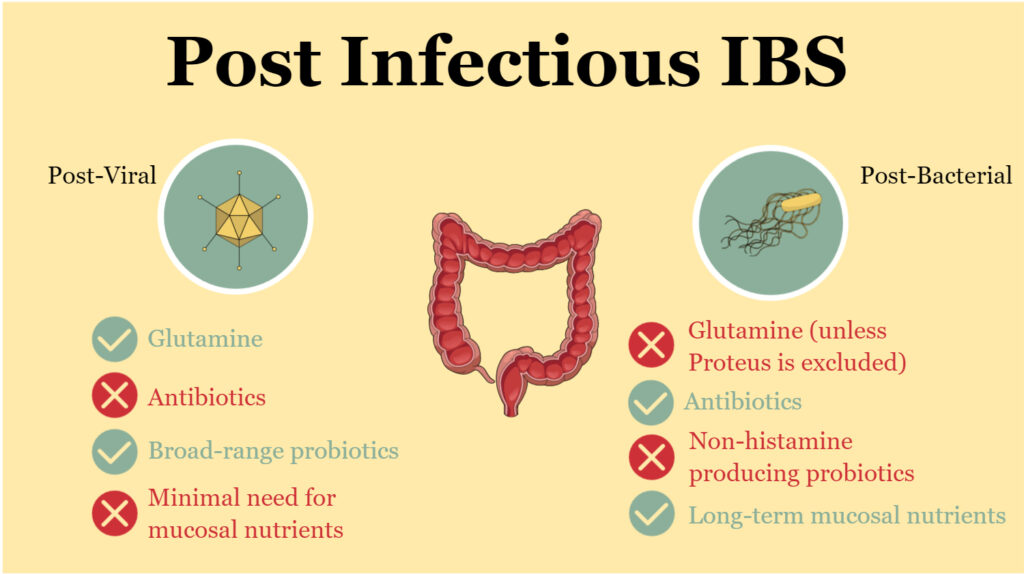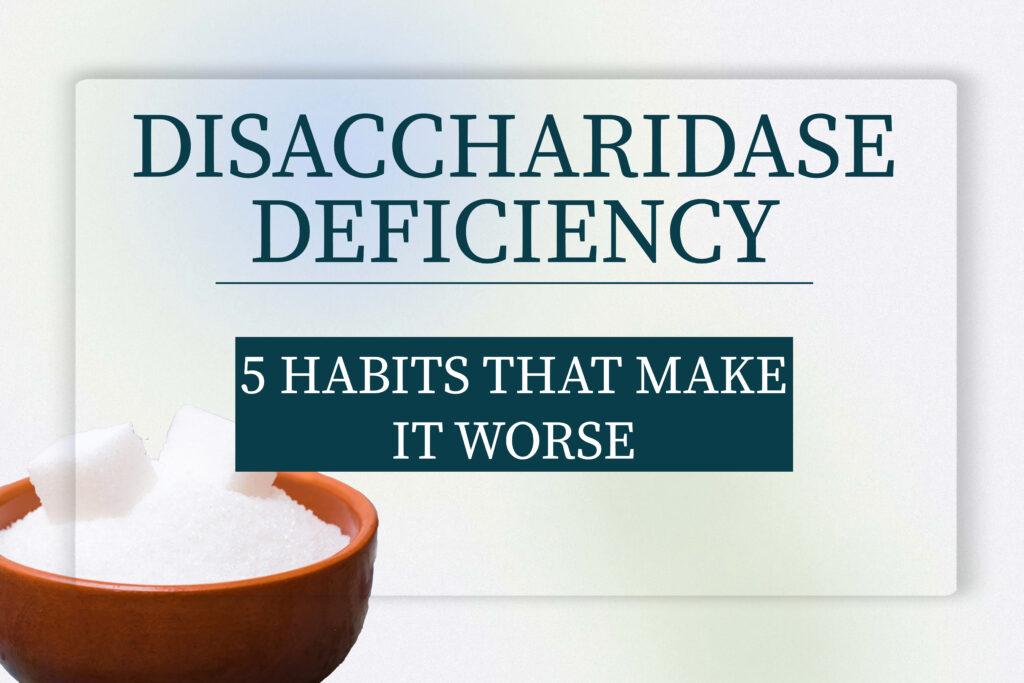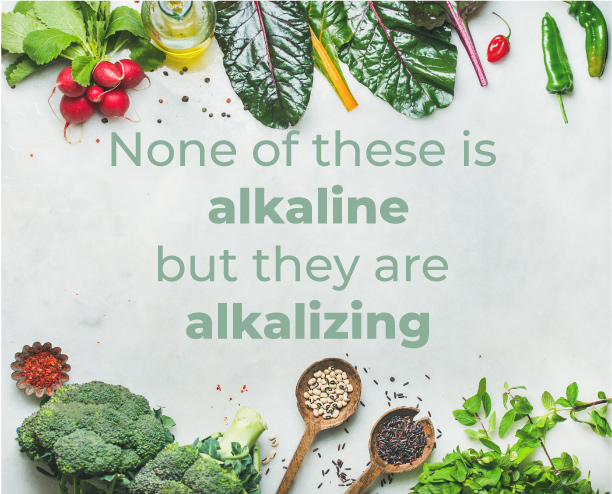How to stop an IBS flare-up? 12 immediate tips to implement at the onset

The unavoidable reality of an IBS flare-up
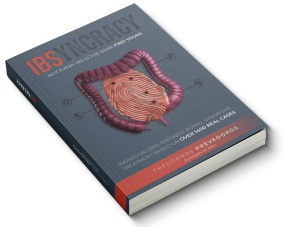
IBSyncrasy
Every IBS is unique
When it comes to Irritable Bowel Syndrome (IBS), acknowledging the inevitable reality of flare-ups is an essential first step. An IBS flare-up is a temporary worsening of IBS symptoms, often characterized by increased abdominal pain, bloating, diarrhea, or constipation. Unfortunately, while we can manage these occurrences, we can’t entirely prevent them. This can prove challenging for many people with IBS, as the unpredictability of flare-ups can significantly disrupt their daily life.
Understanding triggers and managing IBS symptoms

IBSyncrasy
Every IBS is unique
Moreover, flare-ups can be triggered by a wide array of factors, many of which can be difficult to pinpoint. Certain environmental, dietary, or emotional factors can act as a trigger, aggravating the digestive system and provoking an IBS attack. Usually, practitioners suggest dietary modifications such as a low FODMAP diet, which can help manage IBS symptoms by reducing the intake of certain foods such as FODMAPs or dairy products that contain lactose and can worsen gut inflammation. But these work in the long term, and what you need is something to help you right NOW.
The goal is to reduce the severity and regularity of IBS symptoms

Milk composition updates daily
Many times, living with Irritable Bowel Syndrome isn’t about achieving complete symptom avoidance, but rather reducing the frequency and intensity of the symptoms of IBS. Gastroenterology experts focus on intervention techniques aimed at decreasing the regular occurrences of discomforting episodes and lessening their severity. These intervention strategies, when effectively implemented, can drastically elevate the quality of life for individuals grappling with IBS.
The positive outcomes of swift response to irritable bowel syndrome onset

IBSyncrasy
Every IBS is unique
When the onset of an IBS episode is promptly recognized and addressed, it tends to be both less severe and shorter in duration. The power of early intervention lies in its capacity to significantly change the progression of an IBS episode, providing swift relief and facilitating a quicker return to regular gastrointestinal function.
This management strategy of promptly dealing with the early signs of common IBS symptoms is proven to help relieve the associated discomfort and maintain the balance within the gastrointestinal tract, especially the intestine.
The advantage of this early response doesn’t stop at the reduction of symptom severity; it also minimizes the impact on daily life activities. The ability to promptly recognize and respond to the warning signs of IBS not only mitigates immediate discomfort but also minimizes potential downstream effects such as disrupted sleep patterns, anxiety, and decreased productivity.
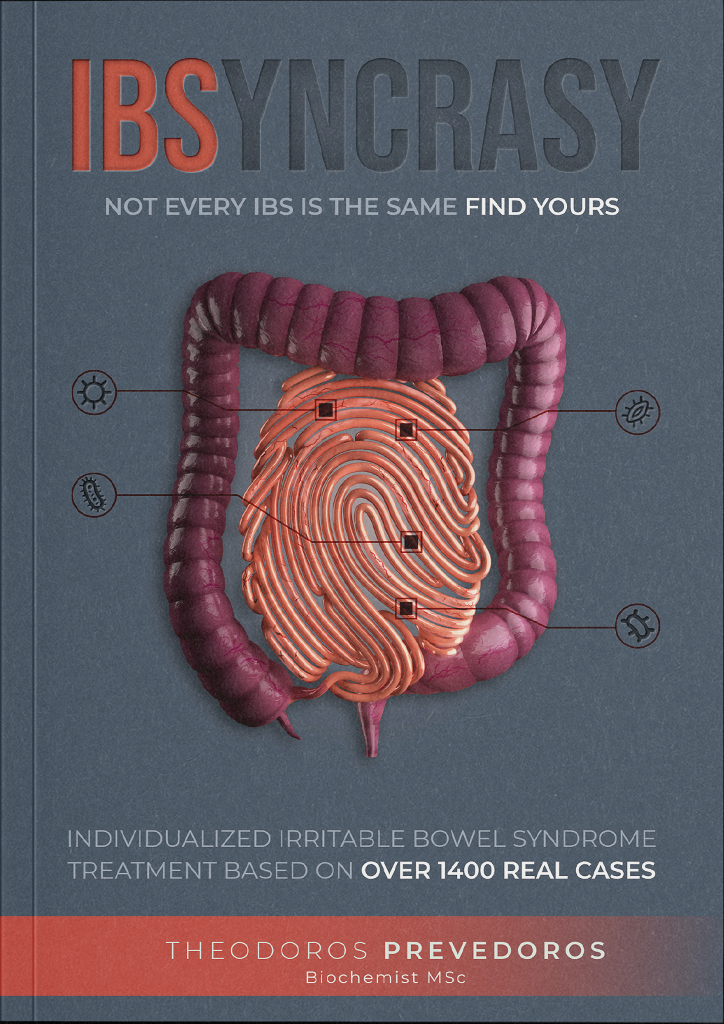
The loop of ignored IBS attacks

IBSyncrasy
Every IBS is unique
On the other hand, overlooking or neglecting the initial signs of an Irritable Bowel Syndrome episode can set off a self-perpetuating loop driven by stress hormones. The neuroendocrine response to stress involves the activation of the hypothalamic-pituitary-adrenal (HPA) axis. Prolonged activation of this axis, as seen when an IBS attack is ignored, leads to the overproduction of stress hormones like cortisol. Cortisol further exacerbates pain and bloating, two key IBS symptoms. This cycle, once set in motion, not only extends the duration of the IBS attack but can also make it less responsive to treatment.
Intervening within the first sixty minutes of IBS flare ups
Understanding the crucial 60-minute window

IBSyncrasy
Every IBS is unique
Most strategies designed to halt an IBS episode effectively need to be implemented within the first 30 to 60 minutes of initial symptom manifestation. This time window is a critical period to halt the hormone buildup that fuels the persistence of IBS symptoms.
The buildup primarily involves stress hormones like cortisol and corticotropin-releasing hormone (CRH), along with corticotropin-releasing factor (CRF). Moreover, a decrease in levels of Gamma-Aminobutyric Acid (GABA), the main inhibitory neurotransmitter, often accompanies these hormonal changes, further intensifying the symptoms.
The importance of swift response to IBS onset

IBSyncrasy
Every IBS is unique
Timely intervention plays an essential role in control of your IBS when experiencing a flare. This is due to two main reasons:
- It prevents the overstimulation of the gut-brain axis, thus preserving gut health and maintaining digestive health. An overactive gut-brain axis could increase gut sensitivity and motility, exacerbating the IBS symptoms.
- It inhibits the excessive activation of the immune system, which, in turn, prevents a potential inflammatory response in the gut. Inflammation can cause damage to the intestinal lining, leading to worsening of IBS symptoms.
Therefore, taking prompt action within the first hour not only helps to reduce symptoms and calm the digestive system but also aids in maintaining the balance in gut-brain communication, ultimately contributing to the effective management of IBS episodes.
12 immediate actions to calm an IBS flare-up

IBSyncrasy
Every IBS is unique
Swift interventions can arrest an IBS episode in its tracks if executed promptly. Here are a few immediate measures:
Pharmacological and hydration interventions

IBSyncrasy
Every IBS is unique
- Taking spasmolytics within the first 30 minutes: These relax the muscles of the gut, relieving cramp and discomfort. Spasmolytics function by impeding acetylcholine’s action on muscarinic receptors in the gut’s smooth muscle, tempering spasms and easing unease.
- Drinking slowly two glasses of water within 30 minutes: This aids in rehydrating the body and promoting digestion. Appropriate hydration maintains the electrolyte balance in the gut, supporting osmotic equilibrium, and facilitating smoother bowel movements.
Mind and body management techniques

IBSyncrasy
Every IBS is unique
Practicing deep diaphragmatic breathing: This relaxation technique activates the parasympathetic nervous system, reducing cortisol production and boosting endorphin production, which can calm an IBS flare.
Taking an immediate mental break: This helps reduce the secretion of stress hormones, which can exacerbate digestive issues.
Avoiding loud noises: Loud stimuli can trigger stress hormone release, avoiding them aids in maintaining a balanced nervous system, thus reducing symptoms.
Sitting in a comfortable, temperature-stable place: This can mitigate stress, maintaining a balanced autonomic nervous system and reducing cortisol levels, contributing to calming your IBS.
Not watching the news or using devices: Avoiding these activities diminishes the production of stress hormones, helping balance the autonomic nervous system and lessen IBS symptoms.
Natural remedies and physical techniques

IBSyncrasy
Every IBS is unique
- Yoga: This practice stimulates the parasympathetic nervous system, reduces cortisol levels, and enhances GABA production, all contributing to ways to reduce the impact of an IBS episode.
- Drinking herbal tea: Chamomile and passionflower teas contain flavonoids with anti-inflammatory and antispasmodic properties that can help temper inflammation and relax the muscles of the gut.
- Taking a short walk: Light activity promotes endorphin release, a class of neurotransmitters that help manage IBS.
- Applying a warm compress to the abdomen: This stimulates local blood flow and can help relax the abdominal muscles, reducing discomfort.
- Using peppermint oil: This oil contains menthol, which has an antispasmodic effect on the gastrointestinal tract muscles, alleviating symptoms.
FAQ
What causes IBS flares and how can I identify my trigger foods?
Various factors can cause IBS to flare up, including certain foods, stress hormones, sex hormones, and environmental triggers. To identify trigger foods, it is essential to maintain a detailed food diary, noting down what you eat and your symptoms. Start by limiting common culprits that trigger IBS such as spicy foods, fatty meals, and dairy products. By observing patterns and eliminating these foods from your diet, you can manage your IBS symptoms better.
What should I eat during an IBS flare-up to avoid aggravating my symptoms?
When you eat during an IBS flare-up, opt for easy-to-digest, low-FODMAP foods. These include rice, bananas, cooked vegetables, and lean meats like chicken. Avoid insoluble fibers found in whole grains, raw vegetables, and some fruits, as they can exacerbate your irritable bowel syndrome symptoms.
What should I do when IBS flare-ups?
- Take spasmolytics within the first 30 minutes.
- Drink slowly two glasses of water within 30 minutes.
- Practice deep diaphragmatic breathing.
- Take an immediate mental break.
- Avoid loud noises.
- Sit in a comfortable, temperature-stable place.
- Do tot watch the news or use devices.
- Practice yoga.
- Drink chamomile or passionflower tea.
- Take a short walk.
- Apply a warm compress to the abdomen.
- Use peppermint oil.

With a background in Chemistry and Biochemistry from the National and Kapodistrian University of Athens, Theodoros brings a wealth of knowledge in functional medicine and advanced treatments to his role. He possesses exceptional skills in analysis, pattern recognition, diagnostic translation, and storytelling. He is also FMU certified in Functional Medicine and has received training in advanced treatments from the Saisei Mirai Clinic in Japan.
